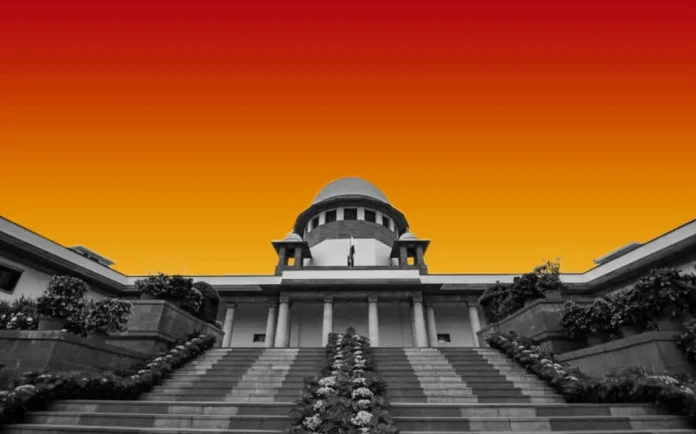The Supreme Court has asked the Union government to consider amending a part of the Hindu Succession Act (HSA), 1956, enabling a scheduled tribe (ST) woman to get her share in the paternal property, at par with her male siblings.
The order was passed by the Bench of Justice CT Ravikumar and Justice Sanjay Karol on an appeal challenging the Chhattisgarh High Court order of 2019.
The High Court had rejected a request made by the Sawara tribe members, wanting to be governed by Hindu law in matters of inheritance.
The High Court invoked the Central Provinces Laws Act, 1875 to grant some tribal women, daughters of the property owner in question, a share in the suit property on the grounds of justice, equity and good conscience.
The Apex Court, while referring to one of its verdicts delivered in 2022, observed that it was bad in law”p to deprive a woman of her right in the father’s property.
The Bench said a pertinent provision of the HSA laid down that the law of succession shall not apply to the members of STs unless the Central government, by notification in the official gazette, otherwise directs. Therefore, a daughter in a ST community could not legally demand her share in the father’s property.
The 2022 judgment observed that when daughters belonging to non-tribal groups were entitled to an equal share in the property of the father, there was no reason to deny such right to daughters of the tribal communities.
The Apex Court also reproduced the relevant part from the 2022 judgment, which stated that a female tribal was entitled to parity with male tribal in intestate succession.
It said
It was high time for the Union of India to look into the issue of daughters belonging to tribal groups being denied equal rights even after 70 years of the Constitution of India, which guaranteed the right to equality to each citizen of the country.
The Apex Court further asked the Central government to amend the provisions of the Hindu Succession Act, by which ir was not made applicable to the members of the Scheduled Tribes.
Noting that the property owner passed away in 1951, prior to the enactment of HSA which brought the prohibition against tribal women, the Bench upheld the High Court, which applied the 1875 Act to grant property rights to the tribal women.


